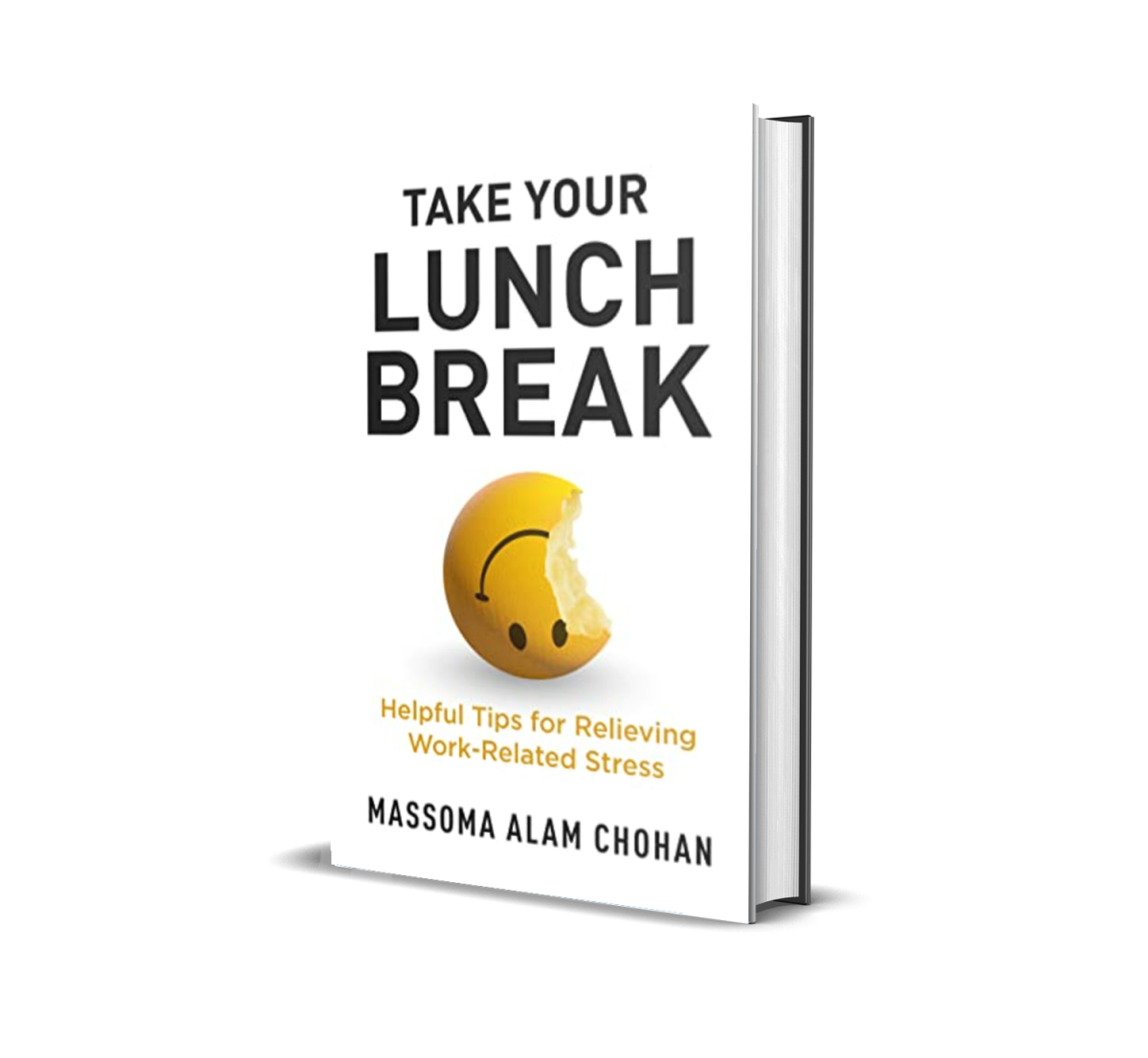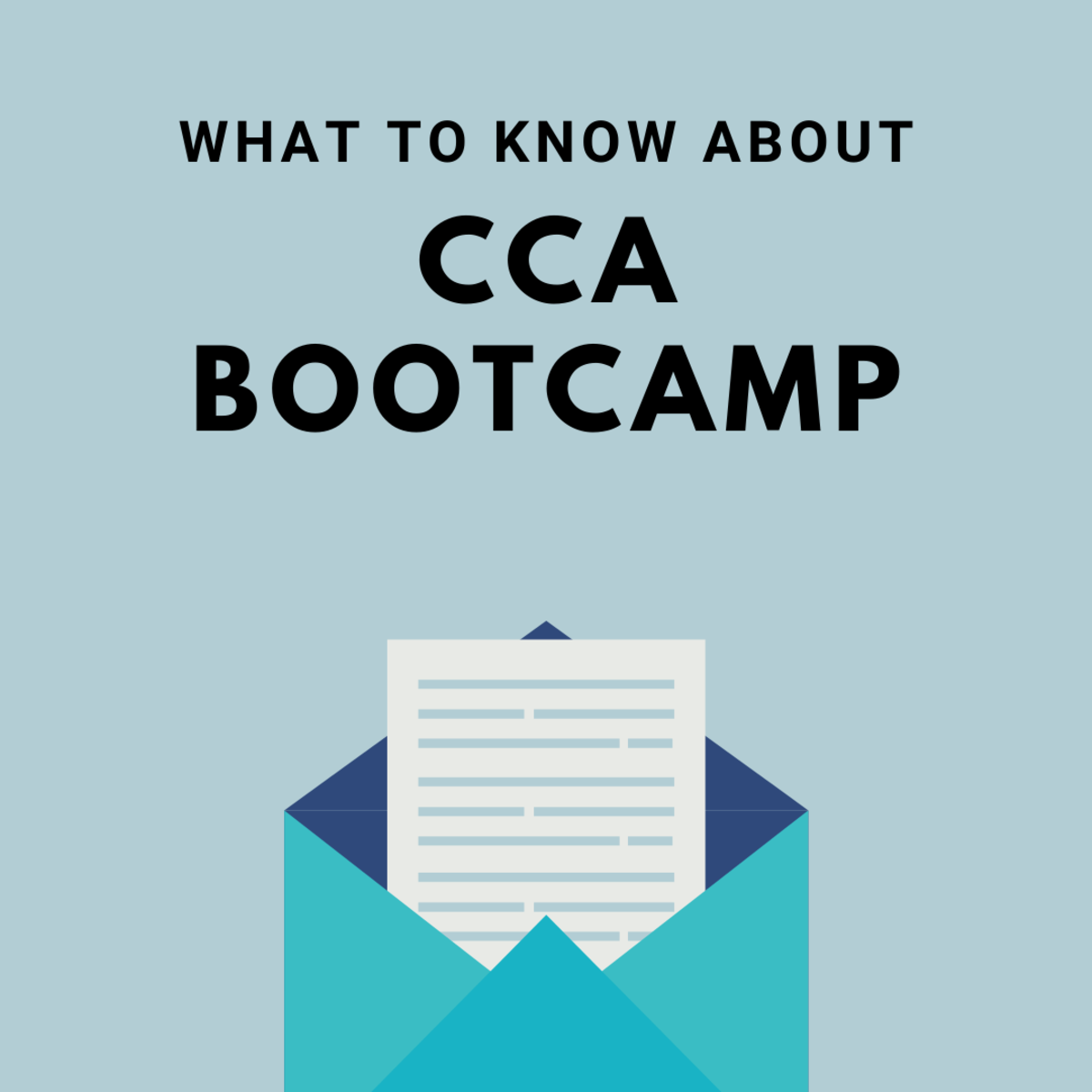Coping Strategies for Dealing with Stress

Coping Strategies Especially for the Stress of Downsizing
Strategies for Coping with Stress
Is there anyone among us who has not dealt with stress? Lots of stress? Ongoing stress? Dealing with stress in our lives is a constant part of living. Much of life’s stressors come our way, and we cannot do much to prevent these demons from entering our lives—family stress, illness, relationships, finances, and work related stress. However, research indicates that certain coping strategies are more effective than others in dealing with stress.
Most of the following research is related to job stressors, but the coping strategies described here can apply in most of life’s stressful situations. The following coping strategies have been researched in relation to downsizing and job loss, all-too-common in our lives. The researchers found that those who did not lose their jobs sometimes went through as much stress as those who were laid off. The term survivor in this article refers to those employees who remain with a company after the company goes through the downsizing process. In fact, downsizing is the cause of much of the work-related stress for employees in the last couple of decades.
Downsizing
For the last three decades, organizations in the western world have been laying off employees in record numbers in order to cut costs. The laying off or cutting back the number of employees is called downsizing. Downsizing refers to the practice of lowering the number of employees by means of attrition, early retirement, or other methods and research on downsizing usually includes the restructuring period following downsizing. The employees who remain with the company throughout downsizing are survivors. Research shows that many survivors experience anxiety, stress, feelings of guilt, and anger toward their organization because of the downsizing or because of the way the company leaders handled the downsizing. Downsizing research also provides information on several strategies for human resources management (HR) that can help survivors adjust to the downsizing and restructuring process. When HR provides support with these research-based strategies, the survivors can make the adjustment with fewer negative effects. The adjustment of the survivors affects the quality of their work and the stability of the organization. One of the most important responsibilities of HR is helping survivors though the downsizing process. However, employees who go through the stress of downsizing, whether they are laid off or remain with the company, can use coping strategies that are effective tools for dealing with the accompanying stress they will experience.
Coping Strategies
Besides a sense of empowerment, intrinsic job satisfaction, organization loyalty, and counteracting the negative effects of intent to quit, research indicates that effective coping strategies have a positive influence on survivors of downsizing. Armstrong-Stassen conducted a longitudinal panel study on survivors’ coping strategies during downsizing (2006). She examined coping strategies used by managers in two Canadian federal government departments that underwent a large-scale organizational downsizing (2006). The Canadian federal government announced in 1995 that they were planning to eliminate 45,000 civil service jobs over the next three years. The two departments targeted by the Treasury Board of Canada were actually reducing 20 % of their workforce. The downsizing eliminated approximately 39% of all executive positions, and in one department alone, the company eliminated 52 executive-level positions.
Control-oriented Coping
The Armstrong-Stassen study focused on two types of coping strategies, control-oriented coping and escape coping. For the purposes of her study, Armstrong describes control oriented coping as “represented by positive thinking coping, direct action coping, and support seeking.” Support seeking means that the employee tries to get informational or emotional support from others (2006). Usually, support seeking involves the employee receiving support from immediate supervisors. Employees who practice control oriented coping tend to focus more on their present job, and they spend more time in dealing with issues associated with that job rather than attempting to escape. Direct action coping means the person directs more attention to solving one’s problems on the job, thus giving more attention to the current job.
One should notice that direct action coping strategies can apply to stress in many areas of life, not just work-related stresses. For example, stress in one’s relationships is dealt with more effectively if one gives attention to the current relationship(s), rather than seeking new relationships or avoiding the problem at hand, especially if the relationship involves a spouse or family member.
Escape Coping.
On the other hand, escape coping comprises avoidance of the problem at hand. Armstrong-Stassen defines avoidance coping as “putting one’s attention on other things and avoiding thinking about the problem at hand.” Escape coping “comprises avoidance coping, disengagement, and job seeking coping” (2006). She defines disengagement as withdrawing and putting less effort into one’s job. Job seeking coping means actively looking for a job elsewhere, thus one takes his or her attention off the situation at the current place of employment (2006). In other words, employees who practice escape coping tend to focus less time on their jobs. Her findings are similar to those of Ugboro (2006) who describes the intent to quit perspective that many survivors adopt when they begin to think of quitting and looking elsewhere for a job. Armstrong-Stassen refers to this mindset as job seeking.
The escape coping strategies apply to other stress related situations, not just those involving one’s job. Just as direct action coping strategies help the stressed employee deal with the current situation, escape coping strategies can interfere with effective handling of stressors in other areas of one’s life, not just job related situations. For example, stressful relationships can improve if the parties involved apply direct action coping strategies in handling the problems in the relationship. Escape coping strategies tend to hinder any possible resolutions because the parties involved do not put effort directly into resolving the problems.
Effects of Coping Strategies
Of the two types of coping strategies, control-oriented coping appears to yield the most productive results for employees. Earlier research tends to bear this idea out. Escape coping appears to be associated with negative results similar to the intent to quit and voluntary turnover described by Ugboro (2006). Positive results are more often associated with control-oriented coping (Armstrong-Stassen & Cameron, 2003b; Armstrong-Stassen et al., 2001; Tyson, Pongruengphant, & Aggarwal, 2002). As the downsizing process unfolded, those employees who did not use escape coping, but used control-oriented coping strategies, used the most effective strategies for dealing with the downsizing and resorted to the less effective escape coping. From the results of this study, Armstrong-Stassen determined that HR managers who promote control-oriented coping strategies, tend to help employees avoid escape coping, have a sense of empowerment, and deal with the trauma of downsizing more effectively. Therefore, HR managers can help survivors adjust to downsizing if they create an environment that helps them develop control-oriented coping strategies (2006).
Organizational Coping Resources
Although the purpose of writing this hub is to provide information on coping strategies for life’s stresses, especially those that are job related, those who have leadership positions in an organization have a great deal of power to help employees deal with stress, particularly stress related to downsizing. If administrators, especially human resource managers, will consider the research related to downsizing, they can not only help employees through stressful times, but these managers can also make the company stronger. Strong, productive employees are the result working with managers who allow the employees to feel a sense of empowerment in their jobs.
The success of implementing coping strategies depends to some extent on the organization’s coping resources. Some of these organizational resources include perceived support from one’s immediate superior, perceived organizational support, and affective commitment to the organization. The Armstrong-Stassen study measured these perceived organizational forms of support in her research. Researchers measured survivors’ perceived lack of potential for future job success and survivors’ level of escape coping. The findings indicate that helping employees adjust to downsizing includes helping them develop control-oriented coping strategies by seeking help from their superior and other departments in the organization. Employees who sought help and saw the organization as a source of support engaged less in escape coping and invest more energy and time into the job (Armstrong-Stassen, 2006).
Real Life Applications
If you are going through stress in a situation that is not job related, consider the principles presented here. They apply in most of life’s situations. First, do whatever you can to have some control over your situation, and if you work with others and have the ability to give others a sense of empowerment, do so----the result will be a better relationship, whether work related or personal. Next, determine to use direct oriented coping strategies. It’s true that we all need to spend time away from stressful situations for a time---escape coping. However, the “escape” should be minimal and should not interfere with dealing with the situation at hand and finding a way to work through the current problems. These principles apply in most of life’s situations with most people









